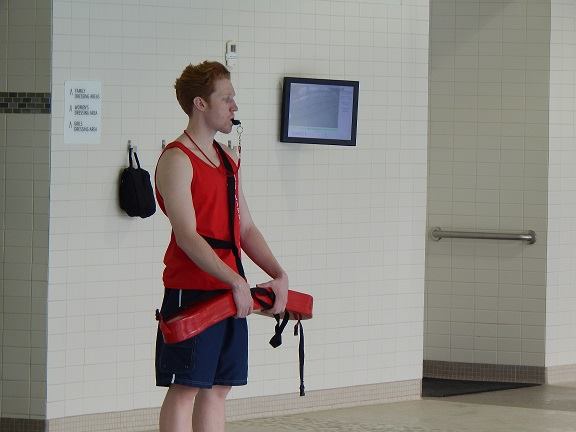A recent study suggests that lifeguards spending 500+ hours per year at indoor pools are two to six times more likely to have respiratory problems, as well as throat and eye irritation, than lifeguards who work less.
The study was published in the International Journal of Environmental Health Research and conducted by researchers at the Department of Social and Preventive Medicine of Laval University in Quebec City.
More than 800 current and former licensed lifeguards responded to online questionnaires to assess the relationship between exposure to indoor swimming pool environments and respiratory health. More than half of the respondents were current lifeguards and were female. Their ages ranged from 18-64 years.
The study revealed that approximately 78 percent of the lifeguards reported experiencing at least one respiratory symptom in the previous year. Additionally, 23 percent reported that they had been diagnosed with asthma. The majority of symptoms improved after the lifeguards left work for the day, which suggests that the symptoms may be triggered by chemicals that are used to maintain indoor pools, the study’s authors said.


